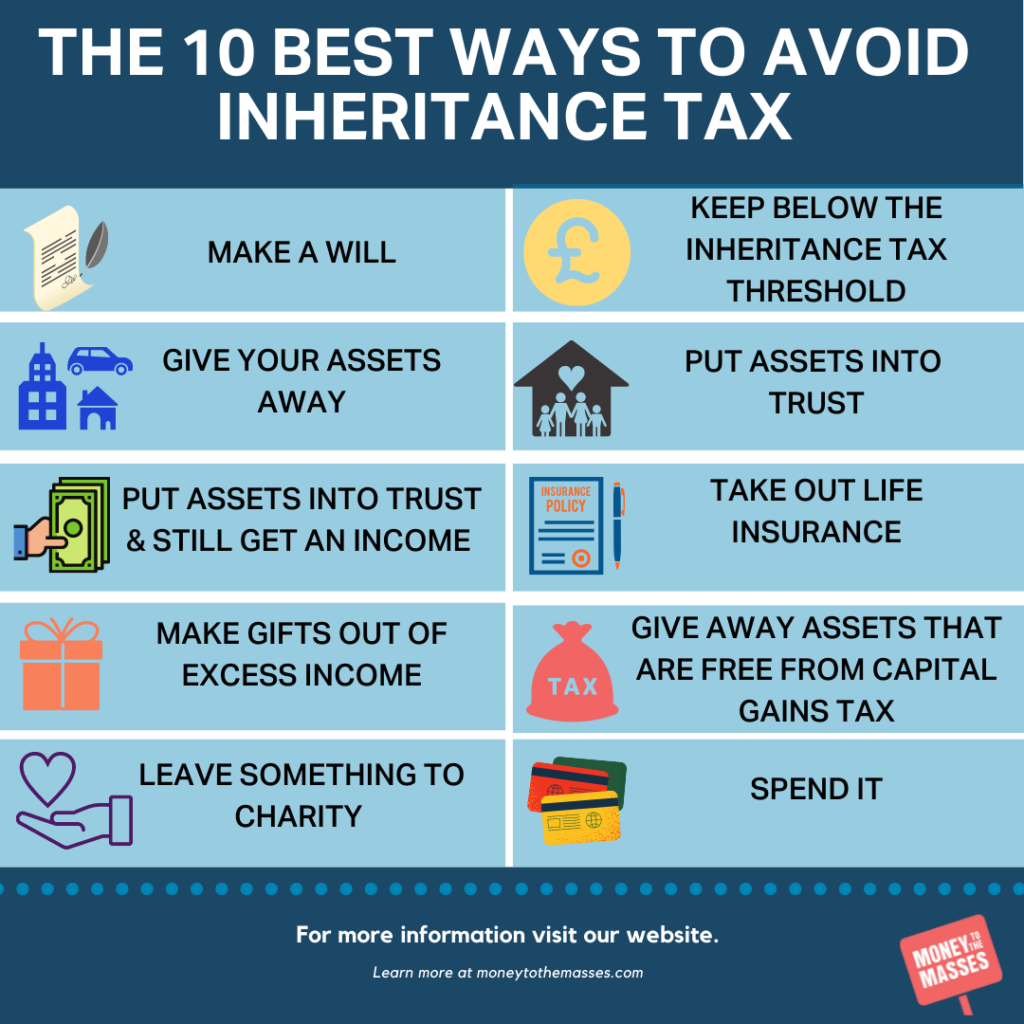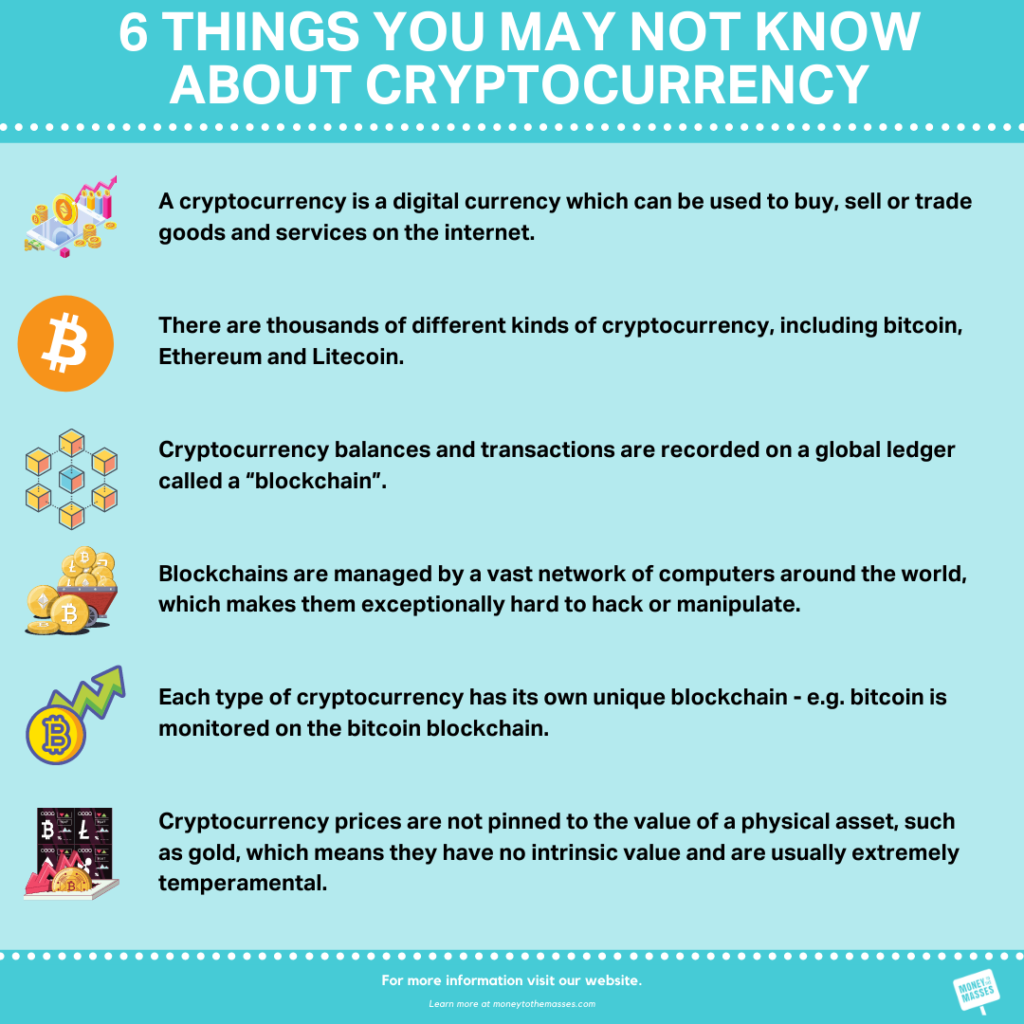Grow it
If you missed week 1,2 or 3 you can access them here:
Grow it - Week 4
Day 22 - Understanding Annuities
| Task: | 1 - Read our article "What is an annuity and how does it work?"
2 - Listen to the podcast clip below to hear more detail on when it might be a good idea to switch from drawdown to an annuity. 3 - Listen to the short podcast clip below that explains why you may want to consider an impaired or enhanced life annuity. |
| Key Takeaway: | Prior to April 2015 most people bought an annuity with their defined contribution pension when they retired due to the legislation in place at that time. In April 2015 the rules were changed to give individuals greater access to their pensions from the age of 55 which resulted in a decrease in the number of annuities purchased. But annuities are still a viable option. The income generated from an annuity will depend on the type of annuity purchased. |
| Time Required: | 15 mins |
| Click to play: | When it might be a good idea to switch from drawdown to an annuity in retirement. |
| Click to play: | Impaired and enhanced life annuities |
| Additional Reading: | The best annuity for £100,000 |
Day 23 - Tax Mitigation & Inheritance Tax (IHT)
| Task: | 1- Read our article "39 simple ways to pay less tax"
2 - Read our article "Do you need to worry about inheritance tax?" 3 - If you think your estate may be liable to inheritance tax then it is worth knowing what your potential inheritance tax bill could be. This inheritance tax calculator will quickly work out what your potential IHT bill could be, in the worst-case scenario. 4 - Read our article "The 10 best ways to avoid inheritance tax" or watch the video below to find out about how you can reduce your inheritance tax liability and how you can contact a financial adviser for tax advice. |
| Key Takeaway: | Nobody wants to pay more tax than they need to, but the problem is that the tax system is incredibly complicated. In the above article we outline 39 ways in which you can slash your tax bill covering everything from Income tax, National Insurance, Capital Gains tax, Inheritance tax, Council tax and even how to legally avoid paying for a TV licence.
Inheritance tax (IHT) is paid if a deceased person's total estate and certain gifts are worth more than £325,000 when they die. This level of £325,000 is known as the 'inheritance tax threshold' and is liable to change over time. Finding out if you are subject to inheritance tax (IHT) and how much you may have to pay can be confusing, especially as it differs depending on how much your estate is worth, if you are married or in a civil partnership, and what you are planning to leave to family such as your children or grandchildren when you die. Our calculator above can help you estimate the potential worse-case scenario IHT bill on your estate. |
| Time Required: | 15 mins |
| Click to play | How to avoid Inheritance Tax
|
| Click to play | 10 best ways to avoid inheritance tax
|
| Infographic: | 10 best ways to avoid inheritance tax
(click to enlarge) |
| Additional Reading: | Inheritance tax explained |
Day 24 - Understanding Share Trading & CFD risks
| Task: |
|
| Key Takeaway: | Investing in the stock market comes with risk to your money. The main risks of investing are that you could end up with less than you put in, or your investments don’t perform well enough to give you a decent retirement fund. However, if you invest over a long enough timescale, you stand a better chance of making money in the end. It is important that would-be investors understand the risks involved and the differences between different types of investing products and that some are best suited to the most sophisticated of investors who can afford to and are more comfortable with taking more risks.
A CFD is essentially a bet on whether an asset’s price will rise or fall. So for example with forex trading you can make a bet on the direction of a currency. There are plenty of risks as you can stand to lose a lot of money, and most people do, so it is important to understand the product. |
| Time Required: | 30 mins |
| Click to play: | CFD trading explained
|
| Click to play: | The dangers of day trading
|
| Click to play | The best investing apps in the UK |
| Additional Resources: | Best trading apps for beginners in the UK |
Day 25 - IPOs & crowdfunding explained
| Task: |
|
| Key Takeaway: | IPOs and crowdfunding are two common ways for organisations to raise capital (money). The key difference between them is that an IPO is an Initial Public Offering of shares in a private company to the public to buy, typically via a stock exchange. Crowdfunding, on the other hand, whilst it can be similar to an IPO in that it can involve private companies making shares available to the public to buy, it does not involve the company being listed on a stock exchange. This means it is more difficult for purchased shares to be bought and sold in the future as they can not be publicly traded on a stock exchange until the company "floats" (becomes listed on a stock exchange). |
| Time Required: | 20 mins |
| Click to play: | SPACs explained |
| Click to play: | Crowdfunding explained |
Day 26 - Understanding Cryptocurrencies & NFTs and the risks involved
| Task: |
|
| Key Takeaway: | Cryptocurrencies and NFTS are complex digital currencies and tokens that have grown in popularity in the last few years. Unfortunately, recent research has shown that more than a third of people who have bought cryptocurrency admit they had a poor or non-existent understanding of the sector when they first invested in it. The cryptocurrency and NFT markets are extremely volatile which means the risk of losing your money is high. I would recommend setting aside ample time to work your way through the articles and resources listed in this section to grow your knowledge before considering whether cryptocurrencies and NFTs are something you want to explore further. |
| Time Required: | 60 mins |
| Click to play: | Beginner's guide to bitcoin and cryptocurrencies |
| Click to play | NFTs explained |
| Infographic | 6 things you may not know about cryptocurrency
(click to enlarge) |
| Additional Resources: | A beginner's guide to investing in bitcoin and cryptocurrency
Best cryptocurrency exchange platforms in the UK A step-by-step guide on how to buy bitcoin Cryptocurrency: What are maker and taker fees? How are cryptocurrencies regulated in the UK? What you need to know about cryptocurrency and tax in the UK Cryptocurrency: What is bitcoin, how does it work, and is it safe? Cryptocurrency mining: What it is, how it works and how to mine bitcoin |
Day 27 - VCT, EIS and sharesave schemes
| Task: | Listen to the podcast below where we discuss VCT's and EIS's and explain how they work, the risks of investing in them as well as who might consider investing in them and why.
Listen to the sharesave podcast below to understand what they are and who should consider them. |
| Key Takeaway: | Crowdfunding isn't the only way to invest in smaller companies. VCT, EIS and sharesave schemes provide opportunities to invest in smaller companies too, while sharesave schemes offer the opportunity to invest in your employer. |
| Time Required: | 10 mins |
| Click to play: | VCT's & EIS's explained |
| Click to play | Sharesave schemes explained |
Day 28 - Seek Advice
| Task: | There is a common misconception that financial advice is only for the wealthiest in society which is not necessarily the case. Many people could benefit from some degree of financial advice, be it just a brief conversation, but few people can or are willing to pay the fees of a regulated financial adviser. I recommend you read our article "Do you need financial advice?" which will help you decide if you may benefit from speaking to a regulated adviser and how to find one you can trust. |





